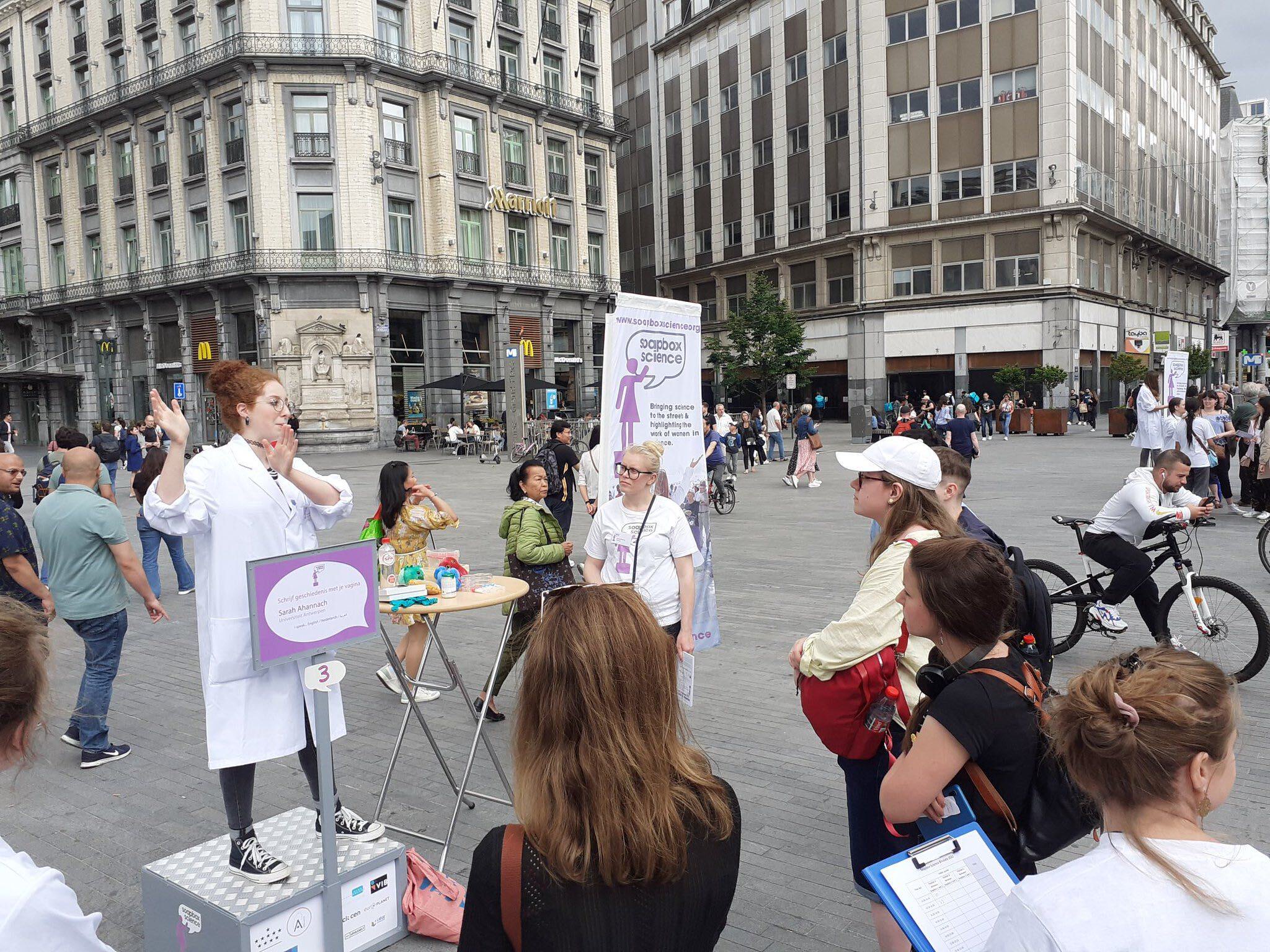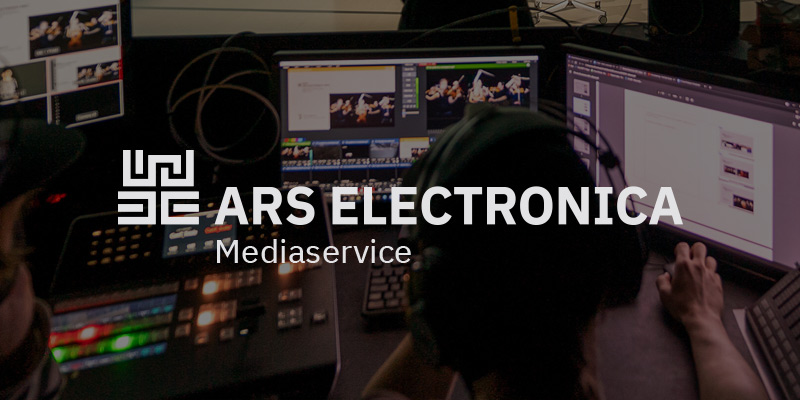321 submissions from across the European Research Area
- Pressrelease PDF
- Selection of pictures via Flickr
- more about the European Union Prize for Citizen Science & the winning projects
- Press conference stream on Youtube
(Linz/Brussels, 22.5.2023) Citizen Science stands for scientific research that involves interested laypersons via online platforms, mobile applications or in person on site. Scientists gain access to data (volumes) that would otherwise not be available, while citizens in turn gain insights into complex contexts and scientific methods. Citizen Science opens up an appreciative, transparent and innovative interaction between science and the general public, which has great potential to contribute to a positive change in our society and living environment. To promote this dynamic, the European Commission has initiated a highly endowed competition.
First European Prize for Citizen Science
With the new “European Union Prize for Citizen Science”, the European Commission wants to underline the importance of Citizen Science—existing initiatives are to be awarded and new projects are to be stimulated, their potential made known to a broad public. Ars Electronica in Linz was commissioned to organize the competition for the first time as part of the IMPETUS project—which is being carried out in cooperation with King’s College London (GB), the European Science Engagement Association (AT), Zabala Innovation (ES), T6 Ecosystems (IT), Science for Change (ES) and Nesta (GB). From January 10 to March 13, 2023 projects could be submitted, from April 21 to 23 the international jury consisting of Kat Austen (GB/DE/KR), Lewis Hou (GB), Pedro Russo (PT/NL), Andrea Sforzi (IT) & Stefanie Wuschitz (AT) met, selected the winners and awarded a total of 100,000 euros in prize money.
Cross-border projects awarded with high prize money
The “European Union Prize for Citizen Science—Grand Prize”, endowed with 60,000 euros, goes to the initiative Isala: Citizen-science map of the vaginal microbiome from Belgium. “The European Union Prize for Citizen Science—Diversity & Collaboration Award”, worth 20,000 euros, goes to the Urban Belonging Project from Copenhagen, and the “European Union Prize for Citizen Science—Digital Communities Award”, also worth 20,000 euros, goes to The Restart Project: The Right to Repair and Reuse your Electronics.
321 submissions
321 initiatives and projects were submitted for the first “European Union Prize for Citizen Science”, linking communities in 61 countries—Germany, Spain, France, Italy and Great Britain were particularly well represented. Fifty percent of the entrants were female, 45 percent male and 5 percent diverse.
Ars Electronica awards the European Union Prize for Citizen Science on behalf of the European Commission within the context of the IMPETUS project. IMPETUS has received funding from the European Union’s Horizon WIDERA 2021-ERA-01 Research and Innovation Programme under Grant Agreement No. 101058677.
European Union Prize for Citizen Science – Digital Communities Award
Awarded for excellence in creating and supporting communities, delivering social benefits, and fostering an open and inclusive civil society through the innovative or alternative use of digital technologies.
Jury Statement
“The Restart Project has been supporting the repair and reuse of technology for more than 10 years […] This growing and global community has gone on to not only revitalize old technology but also to provide data, and carry out research, that give insights into the impact that reuse and repair has on the environment.”
The Restart Project: The Right to Repair and Reuse your Electronics
Frances Cresswell (GB), Holly Davies (GB), Fiona Dear (GB), Mario De Marco (IT/GB), Cristina Ganapini (IT/BE), Shelini Kotecha (GB), Neil Mather (GB), James Pickstone (GB/BE), Ugo Vallauri (IT)
The Restart Project is a London-based initiative that criticizes the environmentally harmful orientation of contemporary consumer society—and offers practical solutions.
Specifically, it is about the vast amount of e-waste in Europe; electronic products that are hastily disposed of because of the smallest defects, even though they could sometimes be repaired easily and quickly. As a result, more and more raw materials are needed and consumed to make new products. The Restart team has therefore developed a problem solution with a community spirit: “Restart Parties” were created, where volunteers offer their handicraft skills and repair broken electrical items on site. Through the events, waste was and is not only avoided, but awareness of the consequences of the throwaway attitude is also created—since 2012, the repairs carried out have also been documented and recorded in figures to prove the concrete success of the project and underline the need for political action.
Further steps followed: in 2017, the Restart team became co-founders of the Open Repair Alliance (ORA) and, together with cooperation partners, developed the Open Repair Data Standard (ORDS), which makes data from repair initiatives comparable worldwide. On this basis, an open-source community platform (restarters.net) was created on which citizen initiatives throughout Europe and beyond can connect and support each other—collectives from Belgium (2019), Wales (2021), Denmark (2022) and France (2023) are now making active use of this. The fact that around 600 “Citizen Scientists” have so far recorded over 81,000 repair attempts on restarter.net underlines the success of the project.
The Restart team around Ugo Vallauri (IT) demands a legally anchored “Right to Repair” and has co-founded the “European Right to Repair Campaign” (https://repair.eu). Producers are called upon to design electronic products that have a long service life and—in the event of damage—can be repaired in the countries where they are sold. The Restart Project: The Right to Repair and Reuse your Electronics is awarded the “European Union Prize for Citizen Science—Digital Communities Award
2023”.
European Union Prize for Citizen Science – Diversity & Collaboration Award
Awarded for excellence in explorative collaboration, cultural diversity, gender diversity, stakeholder engagement, and social inclusivity.
Jury Statement
“From LGBTQ+, homeless and ethnically diverse groups, the project moved beyond inviting citizens to collect data but also to frame the issues and interpret the data themselves. […] the jury commend the particular attention to supporting communities whose stories are often not considered in urban planning […].”
Urban Belonging Project
Urban Belonging Collective (INT): Sofie Burgos-Thorsen (DK), Drude Emilie Ehn (DK), Anders Koed Madsen (DK), Thorben Simonsen (DK), Sabine Niederer (NL), Maarten Groen (NL), Carlo De Gaetano (IT), Kathrine Norsk (DK), Federico Di Fresco (AR), Gehl Architects (DK), Techno-Anthropology Lab – Aalborg University (DK), Service Design Lab – Aalborg University (DK), Visual Methodologies Collective – Amsterdam University of Applied Sciences (NL), Center for Digital Welfare – IT University Copenhagen (DK).
One city, many perspectives: The Urban Belonging Project looks at Copenhagen’s urban life—more specifically, the urban experience of underrepresented groups. People from the LGBT community, homeless people, internationals, ethnic minorities, people with physical disabilities, deaf people as well as mentally ill people were asked to document and visualize their experiences (“Experiences of Belonging”) in the Danish capital.
First, the participants filled out a questionnaire, then they recorded their paths and perceptions in Copenhagen photographically for ten days and collected the images, including GPS data and comments, in a specially developed open-source app. In addition, all participants were invited to react to each other’s postings. The interpretation of the data was finally done in a network of all participants, and their results were presented at the Urban 13 (country association for urban development) and at the Copenhagen Architecture Festival in 2022.
The app, developed as part of the Urban Belonging Project, is available via GitHub and is being used by initiatives in Europe and the US to make visible urban living experiences of different groups of residents. They are all united by the idea that our personal experiences and environment shape a “Belonging” in an urban living environment characterized by fast pace and diversity. By documenting these contributions and making them accessible to others, we can at the same time contribute to the scholarly reappraisal of the social question of “belonging.” The Urban Belonging Project will be awarded the “European Union Prize for Citizen Science—Diversity & Collaboration Award 2023”.
European Union Prize for Citizen Science – Grand Prize
Awarded for outstanding achievements in the advancement of knowledge through the empowerment of civil society and citizens in the development of the future.
Jury Statement
“This project successfully addresses social stigma and medical bias concerning intimacy, self-care and taboos related to the female body. […] Isala is an outstanding example of a well-implemented citizen-science project.”
Isala: Citizen-science map of the vaginal microbiome
Sarah Lebeer (BE), Sarah Ahannach (BE), Thies Gehrmann (BE), Stijn Wittouck (BE), Tom Eilers (BE), Sandra Condori (BE), Jelle Dillen (BE), Irina Spacova (BE), Leonore Vander Donck (BE), Caroline Masquillier (BE), Camille Allonsius (BE), Isabel Erreygers (BE), Inas Rahou (BE), Caroline Dricot (BE), Charlotte De Backer (BE), Gilbert Donders (BE), Veronique Verhoeven (BE)
In many areas of medical research, women’s health still receives too little attention; a grievance that sparked the Isala initiative in March 2020. A transdisciplinary team from Belgium set out to scientifically investigate the microbiome—bacteria, viruses and fungi—of the vaginal tract in order to be able to identify clinical pictures at an early stage and initiate appropriate therapeutic measures. The first goal of the research team around initiator Sarah Lebeer (Laboratory of Applied Microbiology and Biotechnolgy, University of Antwerp) was to collect vaginal swabs from women. They relied on the voluntary participation of the population and met with an unexpected response—the team wanted to motivate 200 women to participate, and 5,500 women registered within ten days. The majority of these subsequently completed an online questionnaire and used the toolset developed by the Isala team to swab their vaginal microbiome and send it in. Within a year, all participants received their test results and thus the profile of their vaginal microbiome. 275 women were eventually selected to participate in a long-term study focusing on changes in the vaginal microbiome. In parallel with its research activities, the Isala team organizes online and offline info events that reach up to 10,000 interested people month after month.
Improved data and more effective diagnostic procedures on the one hand, and work on social awareness of the need for research on the female body and reproductive health on the other – the initiative named after Belgium’s first female doctor and feminist and activist for women’s rights, Isala Van Diest (1842-1916), impressively demonstrates the positive impact Citizen Science can have both for individuals and our society as a whole. The project Isala: Citizen-science map of the vaginal microbiome developed in Antwerp is awarded the “European Union Prize for Citizen Science—Grand Prize 2023”.
European Union Prize for Citizen Science –
Honorary Mentions
ARTigo: Social Image Tagging
Stefanie Schneider (DE)
AquaGranda: A Digital Community Memory
Distretto Veneziano Ricerca e Innovazione (IT), Venice Ca’ Foscari University (IT)
Catch the Water Monsters
Rosan van Halsema (NE), Marita Voogt (NE), Conny Groot (NE), Rutger Westerhof (NE), Frank Rigters (NE), Lena Arndt (NE), Sven Teurlincx (NE), Freek Uittenbogaart (NE)
CitieS-Health: Citizen Science for Urban Environment and Health
Barcelona Institute for Global Health (ES), Ideas for Change (ES), Utrecht University (NL), Jožef Stefan Institute (SI), Epidemiologia & Prevenzione (IT), Vytautas Magnus University (LT)
CurieuzeNeuzen
Filip Meysman (BE) and the CurieuzeNeuzen Consortium (BE)
Dark Sky Meter
Norbert Schmidt (NL)
Digi-ID PLUS
Esther Murphy (IE), Trinity College Dublin (IE), University of Zagreb (HR), Karolinska Institute (SE), MADoPA Living Lab (FR), Andalucian Ministry of Public Health (ES), University of Alicante (ES), Microsoft (US), WaytoB (IE), Access Earth (IE)
Digital Violence: How the NSO Group Enables State Terror
Forensic Architecture (GB)
DRYRivERS: A citizen science app for advancing the science and management of
intermittent streams
Amélie Truchy (FR), Zoltán Csabai (HU), Bálint Pernecker (HU), Thibault Datry (FR)
European Bird Census Council: Citizen scientists monitoring birds for policy,
research and society in Europe
Mark Eaton (GB), Petr Voříšek (CZ)
Europeana Transcribe on Transcribathon.eu
Frank Drauschke (DE), Facts & Files (DE), Europeana Foundation (NL), Austrian Institute of Technology (AT), Consortia of the EnrichEuropeana projects (INT)
EVE Online’s Project Discovery
CCP (IS), MMOS (CH), McGill University (CA), BC Cancer Foundation (CA), ISAC (US), Cytobank (US), Dotmatics (US), BD (US), University of Modena and Reggio Emilia (IT), University of Geneva (CH), Human Protein Atlas (SE)
GEOVACUI-2: Citizen Science and cooperation initiatives against depopulation
of rural areas
Carmen Mínguez – Complutense University of Madrid (ES), Marta Martínez-Arnáiz—University of Burgos (ES), Javier Martín-Vide—University of Barcelona (ES), José Damián Ruiz Sinoga—University of Málaga (ES), José Ojeda Zújar—University of Sevilla (ES), Elena Bárcena-Martín— University of Málaga (ES)
HARNESSTOM Citizen Science Platform: Unlocking tomato genetic resources to benefit
farmers, citizens and chefs
Joan Casals (ES), Ivanka Tringovska (BG), Andrea Mazzucato (IT), Salvador Soler (ES), Gancho Pasev (BG), Maria José Díez Niclós (ES), Antonio Granell Richart (ES)
Mosquito Alert: Community intelligence for mosquito-borne disease preparedness
and response
CEAB-CSIC (ES), UPF (ES), CREAF (ES), ICREA (ES), Xatrac (ES). Coordination Team: Frederic Bartumeus (ES), John Palmer (ES/US), Alex Richter-Boix (ES), Aitana Oltra (ES), Agustí Escobar (ES), Joan Garriga (ES), Živko Južnič-Zonta (ES/SI), Monika Falk (ES/PL), Enric Pou (ES), Elisa Mora (ES), Roger Eritja (ES), Isis Sanpera (ES), Simone Mariani (ES/IT), Santi Escartín (ES), Ariadna Peña (ES), Mar Jambou (ES)
Ocean Routes: Exploring and valuing the maritime culture of Esposende—An oceanliteracy
and citizen science approach
Rio Neiva— Environmental NGO (PT), António Rodrigues Sampaio School Group (PT)
Paleo-energy: How forgotten patents can shake the future
Cedric Carles (FR)
Phénoclim
Anne Delestrade (FR)
Projecte Rius
Associació Hàbitats (ES)
Project Roadkill
Florian Heigl (AT), Daniel Dörler (AT)
SensJus: Sensing for Justice
Anna Berti Suman (IT), Sven Schade (DE), European Commission—Joint Research Centre—Ispra (IT)
SOPHYGRAY
Nadja Verena Marcin (DE)
Surfing for Science
Anna Sanchez-Vidal (ES), William P. de Haan (ES), Oriol Uviedo (ES), Surfrider Foundation—Spanish Delegation (ES), Asensio Comunicació Visual S.L. (ES)
Surfside Science
Metabolic Foundation (AW)
Whale Track: Community marine mammal monitoring for nature restoration
Alison Lomax (GB), Hebridean Whale & Dolphin Trust (GB), Lauren Hartny-Mills (GB), Hebridean Whale & Dolphin Trust (GB)
When gig workers regain control: Data governance model for a new French mobility
service by gig workers
Brahim Ben Ali—Coopérative maze (FR), David Décamps / Deydai—PersonalData.iO (FR), Jessica Pidoux—CEE Sciences Po Paris and PersonalData.iO (FR)
YouCount: Empowering youth and cocreating social innovations and policy-making
through youth-focused citizen social science
Oslo Metropolitan University (NO), University of Vienna (AT), SPOTTERON (AT), Aalborg University (DK), ESSRG (HU), Univertsita Degli Studi Di Napoli Federico II (IT), Kaunas University of Technology (LT), Orkestra-Basque Institute of Competitiveness/Deusto Foundation and Deusto University (ES), Sodertorn University (SE), VA – Public & Science (SE), University of Central Lancashire (GB)
Klaus Luger
Mayor of the city of Linz
“Citizen Science’ may sound unwieldy and complicated—but it’s not. Citizens collecting data on important topics and making it available to science so that they can benefit from the results is a concept that is as simple as it is rewarding. Just how well it works is demonstrated by the first winners of the ‘European Union Prize for Citizen Science’ organized by Ars Electronica in Linz.”
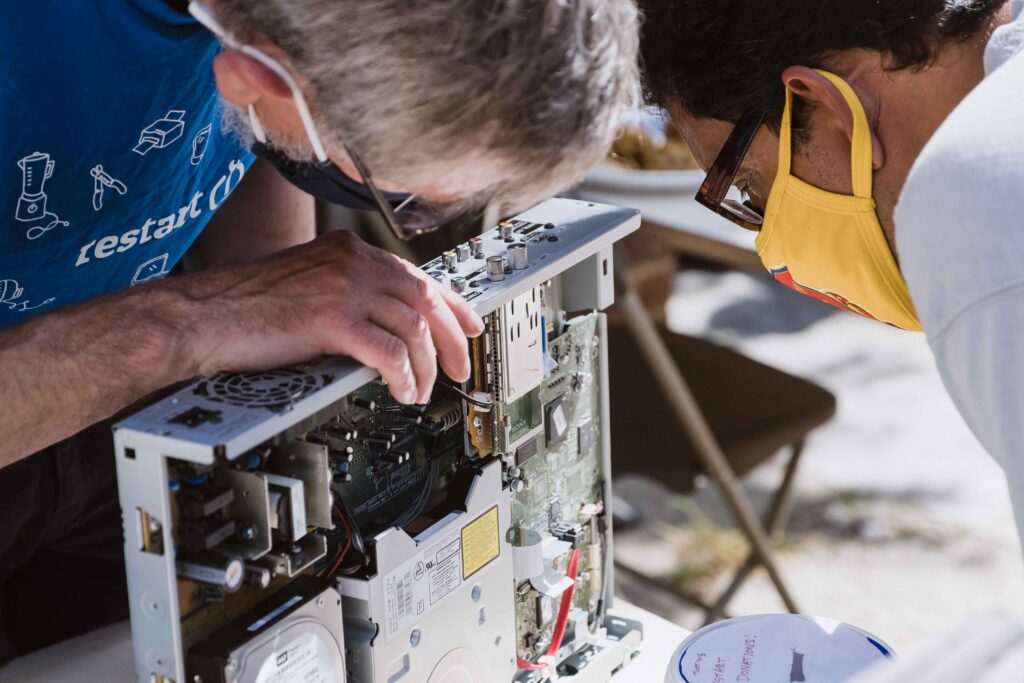
The Restart Project: The Right to Repair and Reuse your electronics
Frances Cresswell (GB), Holly Davies (GB), Fiona Dear (GB), Mario De Marco (IT/GB), Cristina Ganapini (IT/BE), Shelini Kotecha (GB), Neil Mather (GB), James Pickstone (GB/BE), Ugo Vallauri (IT)
Foto: The Restart Project / Mark Phillips
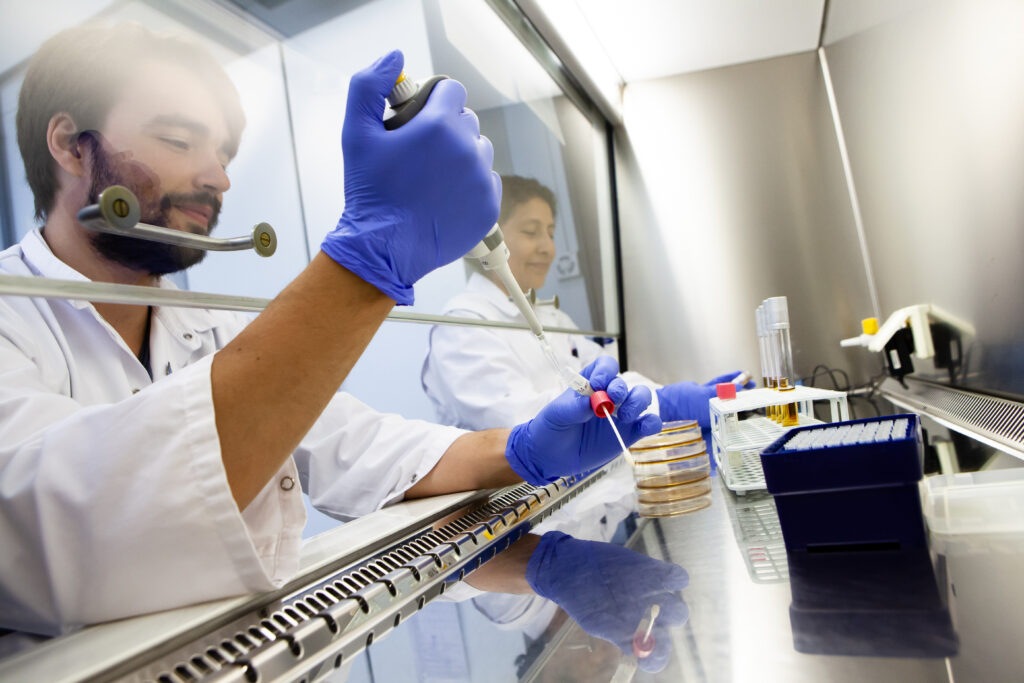
Isala: Citizen-science map of the vaginal microbiome
Sarah Lebeer (BE), Sarah Ahannach (BE), Thies Gehrmann (BE), Stijn Wittouck (BE), Tom Eilers (BE), Sandra Condori (BE), Jelle Dillen (BE), Irina Spacova (BE), Leonore Vander Donck (BE), Caroline Masquillier (BE), Camille Allonsius (BE), Isabel Erreygers (BE), Inas Rahou (BE), Caroline Dricot (BE), Charlotte De Backer (BE), Gilbert Donders (BE), Veronique Verhoeven (BE)
Foto: University of Antwerp
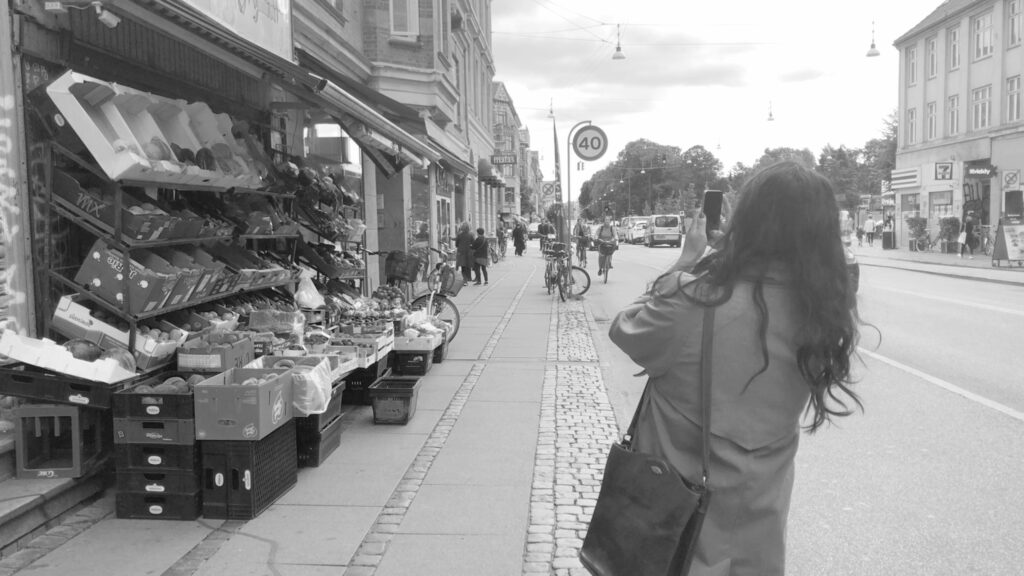
Urban Belonging Project
Urban Belonging Collective (INT): Sofie Burgos-Thorsen (DK), Drude Emilie Ehn (DK), Anders Koed Madsen (DK), Thorben Simonsen (DK), Sabine Niederer (NL), Maarten Groen (NL), Carlo De Gaetano (IT), Kathrine Norsk (DK), Federico Di Fresco (AR), Gehl Architects (DK), Techno-Anthropology Lab – Aalborg University (DK), Service Design Lab – Aalborg University (DK), Visual Methodologies Collective – Amsterdam University of Applied Sciences (NL), Center for Digital Welfare – IT University Copenhagen (DK).
Foto: Sofie Burgos-Thorsen (DK)
